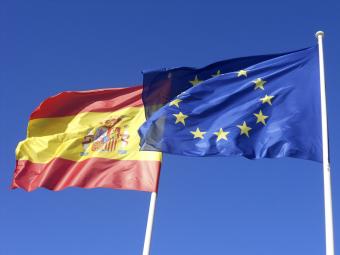International Organizations
Recent Activity
This discussion includes a status of preparation of the 2012 GFMD summit, including a discussion on the possible ideas and projects presently being contemplated that would fully integrate migration into the development framework, with a special focus on Africa.
The launch of the Diaspora handbook and a joint panel discussion that explored the opportunities and challenges that governments face when developing strategies to engage diaspora populations.
This volume from MPI's Transatlantic Council on Migration aims to fill the analytical gap regarding the question of what greater global cooperation on governing the flow of international migrants could achieve. The book focuses on a set of fundamental questions: What are the key steps to building a better, more cooperative system of governance? What are the goals that can be achieved through greater international cooperation? And, most fundamentally, who (or what) is to be governed?
In its newest five-year "roadmap" for justice and home affairs policy, the European Union has made migration a priority area. But while the Stockholm program offers plenty of detail on issues like illegal migration and asylum, it offers few specifics as to the final goal. MPI's Elizabeth Collett analyzes the program's action points and looks at challenges facing its implementation.
Caroline Dommen of 3D discusses the limits and possibilities of GATS to improve migrant workers' human rights.
Although the number of refugees displaced from the conflict in Iraq was significantly fewer than expected, the war produced some 260,000 internally displaced persons (IDPs) in the North. Recent reports indicate that despite the threat of inter-ethnic retaliatory violence, many of these IDPs are now returning home.






